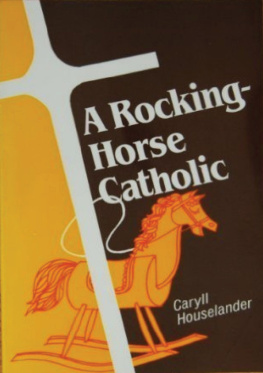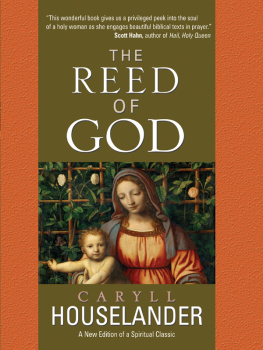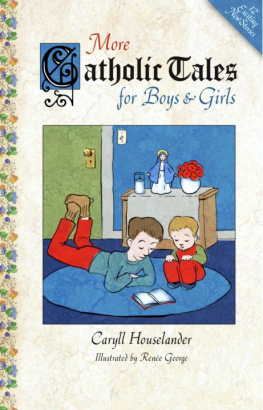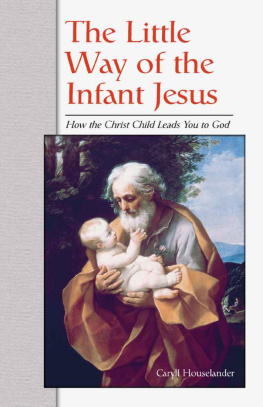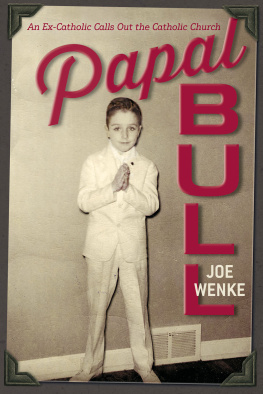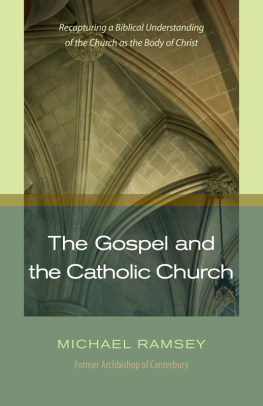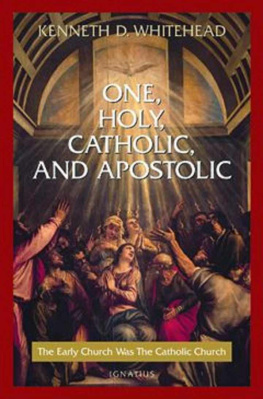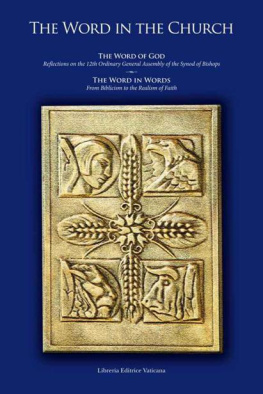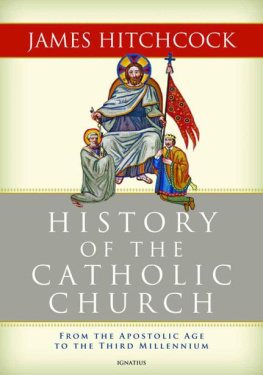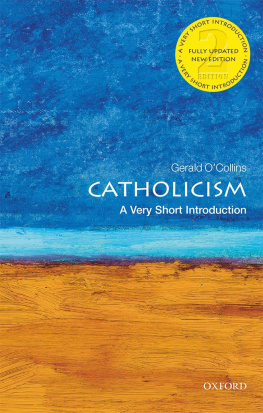

This edition is published by PICKLE PARTNERS PUBLISHINGwww.pp-publishing.com
To join our mailing list for new titles or for issues with our bookspicklepublishing@gmail.com
Or on Facebook
Text originally published in 1955 under the same title.
Pickle Partners Publishing 2016, all rights reserved. No part of this publication may be reproduced, stored in a retrieval system or transmitted by any means, electrical, mechanical or otherwise without the written permission of the copyright holder.
Publishers Note
Although in most cases we have retained the Authors original spelling and grammar to authentically reproduce the work of the Author and the original intent of such material, some additional notes and clarifications have been added for the modern readers benefit.
We have also made every effort to include all maps and illustrations of the original edition the limitations of formatting do not allow of including larger maps, we will upload as many of these maps as possible.
A ROCKING-HORSE CATHOLIC
BY
CARYLL HOUSELANDER

TABLE OF CONTENTS
Contents
CHAPTER 1

I was received into the Church when I was six years old. Strictly speaking, therefore, I am not a cradle Catholic but a rocking-horse Catholic.
At the time of my birth my parents, both of whom had been baptised into the Protestant Church, did not believe in or practise any definite religion at all; neither, I think, did they attach the least importance to any.
Nevertheless, two attempts were made to baptise me during the first few hours of my life. This was because my maternal uncle, a gynaecologist who had been called to his sisters bedside, and who was a conscientious though doubting and bewildered Protestant, habitually ordered immediate baptism for all babies in danger of death. He rightly considered this part of his duty as a doctor. As I was thought to be dying, my uncle sent for the nearest available Protestant clergyman to baptise me.
When the clergyman asked for my name, my mother and my uncle both had a fit of the giggles, the reason (so my uncle, from whom I have the story, told me) being that they had not thought it necessary to think of names for something that would not live for twenty-four hours. Added to that, he said that I was so small and so odd, and so like a tiny red fish, that it seemed that I should either be drowned in the baptismal waters or swim away in them.
The clergyman was outraged by their irreverence, which only aggravated theirprobably nervouslaughter, and they became hysterical. At this the good man refused to go on with the ceremony, despite the fact that my uncle spluttered out two names on the spur of the momentFrancis, his own name (he was acting as god-father), and Caryll, the name of a sailing yacht on which my mother had spent some of the months preceding my birth.
The clergyman swept out of the house, speechless with indignation, leaving me in my uncles hands, held over the salad bowl which had been improvised as a font. Neither he nor my mother had been sufficiently under control to know whether the good man had or had not baptised me validly before he went. On that, my uncle (determined that I should not be swept straight into Limbo for all eternity) proceeded to baptise me himself, whereupon I took a turn for the better and completed the joke by surviving, to live what has already been quite a long life.
Until I was about five years old my family lived in the old Roman city of Bath in Somerset. It was a very beautiful little city, ringed with hills, and always in the evening filled by the sound of melodious church bells. Bath was too old a city to grow older and seemed never to change with the times. I remember it as being almost wholly populated by old ladies whose standard of good manners was rigid and for me impossible, and clergymen who seemed anxious to live down to childrens levels, and consequently embarrassed them acutely. I suppose that I must have spent more time with the servants than with my parents, for though I was very slow in learning to speak, when I did learn it was with a strong Somerset accent as well as the West Country drawlbox was baax, S was Z, and so on.
Certainly my most vivid memories were of my nurse, who had the beautiful name of Rose Francis and who was, or anyway seemed to me to be, as beautiful as a rose, with bright pink cheeks, dark eyes and soft brown hair done in the curious fashion of the time around things called puffsvery light sort of frameworks that gave their wearers the appearance of having masses of hair that stood out from their heads like wings.
I do not think that Rose Francis had any religion. If she had, she certainly made no attempt to teach any to me, excepting grace after meals, and that could hardly be called religion as it was not explained to us why we were to thank God for our food, which, as both my sister and I were poor eaters and faddy, we did not appreciate. Rose Francis real religion was good manners and the curious kind of snobbery peculiar to many of the servants of those days. The code of manners was based on what little ladies did or did not do, and even that was not wholly disinterested. Little ladies, we were told, did not stir their porridge or blow on it; they did not drink from their saucer, swing on the garden gate, or speak to the postman! It was this last that revealed that Rose Francis was not wholly disinterested, for both she and I entertained a consuming passion for the postman, and my habit of swinging on the garden gate in order not to miss him whenever he came up the road was exceedingly annoying to my nurse, who hoped for a word with him. That, I am sure, was the real reason why he was included in the code of manners. Years later, after she had left us, Rose Francis married the postman.
My memories of our life at Bath are few and isolated. Among the most vivid and certainly the most lively of them is Bill Reynolds, his cottage and his pets.
Bill Reynolds was a very old man who had once been my grandfathers groom, and seemed to have a great affection for my father, and for my sister and me because we were his children. Our favourite afternoons were those, I suppose about once a week, when we went to call on him in his cottage. Everything there, including Bill himself, was like a picture in a brightly coloured, immensely detailed childrens book.
Bill was a very old man; it used to seem to me that there could not be anyone in the world so old as he was. He was not, however, in the least decrepit; on the contrary, he was a vigorous, apple-cheeked and cherry-nosed old man, with long white hair that grew down to his shoulders and a long white beard that grew very nearly down to his waist. He had blue eyes like periwinkles and a tremendous, indeed a thunderous, laugh. When, years later, a Low Church Protestant cook tried to teach me something about God, she showed me pictures of Him appearing through blue gaps in clouds like cotton wool, which were exactly like Bill Reynolds, except for the clothing and the nose. For whereas God wore a white robe and a kind of red scarf, old Bill Reynolds wore riding breeches and gaiters and a green corduroy velvet coat which was very beautiful because it was so old, and had not only worn to the shape of the magnificent, broad-shouldered old man but had been mellowed by many, many summers and taken the beautiful, varied greens of many suns. It was a coat that seemed to live.
Next page
